Dawn of a New Day
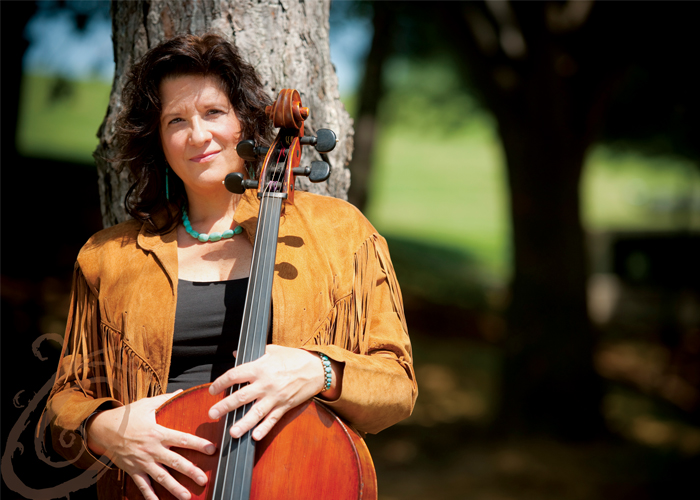
Montgomery College World Music Professor Dawn Ieriho:kwats Avery. Photo by Sanjay Suchak.
Montgomery College World Music Professor Dawn Ieriho:kwats Avery, herself of Mohawk descent, spent part of her 2010 sabbatical working with 12 Aboriginal women in Canada who were recovering from their loss of culture due to residential and missionary school abuse. Stationed at the Six Nations Iroquois Reserve in Ontario, Avery worked with elders to teach the women how to sing songs in Mohawk.
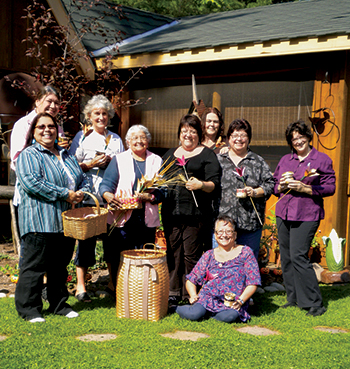
Dawn Avery, far right, worked with Aboriginal women in Canada, helping them write original songs in Mohawk in the traditional women’s style. Photo courtesy Dawn Avery.
“Culture-based creativity and healing is occurring in indigenous communities and their diasporas all over the world,” said Avery. “It’s an exciting approach to learning, and a powerful reclamation as indigenous people share their culture with others.”
During her sabbatical, Avery edited and coauthored, with Mohawk elder Jan Kahehti:io Longboat, a book entitled Idawadadi, December 1999–March 2010: Coming Home (Aboriginal Healing Foundation, Canada: 2010), which chronicles the experiences of residential school survivors, and includes contributions by Aboriginal women.
Avery’s work with the women was based on a program she had developed specifically for music composition students at Montgomery College. This culture-based composition project asked students to study the traditional music of their own culture (or any culture in which they were interested), write original songs in that traditional style, and create an original composition based on those ideas.
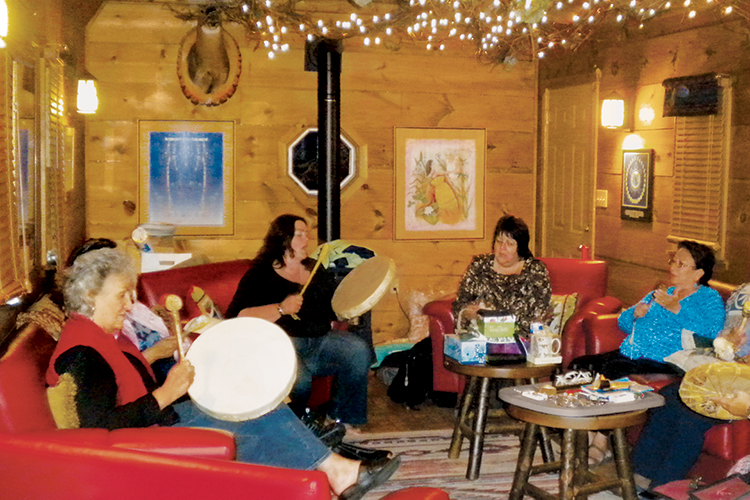
Photo: Courtesy Dawn Avery
Her students’ creativity led them to various usages of those themes, and their work premiered this past May at Avery’s annual “Water Music for Life” concert, a fundraiser for both student scholarships and UN-sanctioned organizations that support water sustainability around the world.
“It has been exciting to see these students explore world music in new ways,” said Avery. “I am grateful that I was supported during my sabbatical by MC to develop my intellect … to participate in rejuvenating and worthwhile activities, and to be at a College that encourages faculty to continually explore their fields and give back to the students.”
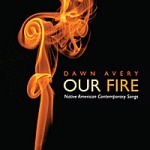 For information about the world music program at Montgomery College, visit montgomerycollege.edu/departments/musicrv/worldmusic. For more about Dawn Avery, visit dawnavery.com. Her CD, “Our Fire,” is available at cdbaby.com.
For information about the world music program at Montgomery College, visit montgomerycollege.edu/departments/musicrv/worldmusic. For more about Dawn Avery, visit dawnavery.com. Her CD, “Our Fire,” is available at cdbaby.com.
—Tina Kramer
This article first appeared in the spring 2011 issue of Insights.






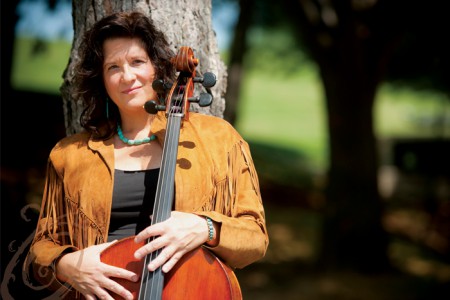

Follow Us